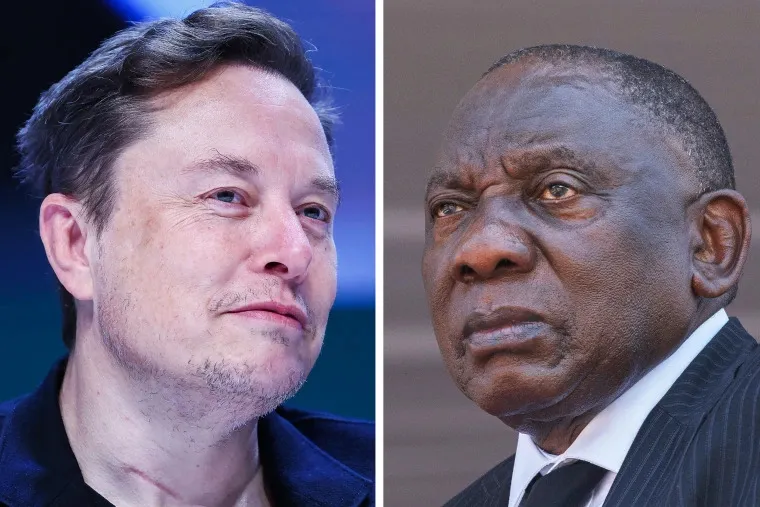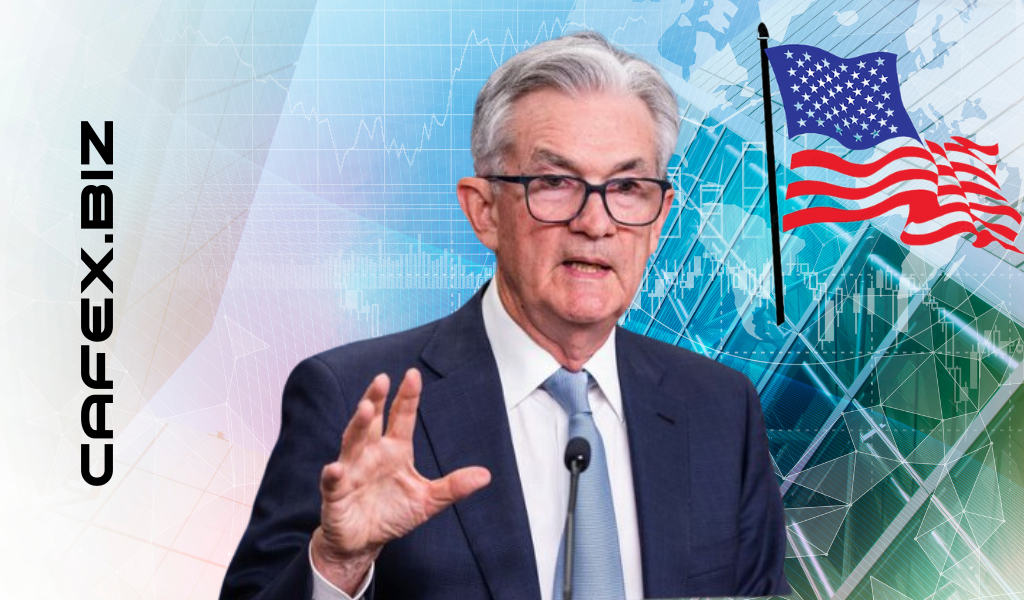Elon Musk, the CEO of Tesla and SpaceX, has recently accused the South African government of racial discrimination, alleging that they are promoting "white genocide." This assertion follows Musk's sharing of a video featuring Julius Malema, leader of the Economic Freedom Fighters (EFF), singing the contentious "Kill the Boer" song—a chant rooted in South Africa's apartheid history.
Musk's Allegations
Musk, who was born in South Africa, took to social media platform X (formerly Twitter) to express his concerns. He claimed that a significant political party in South Africa is endorsing sentiments that could incite violence against white individuals. Musk also referenced recent legislation that, according to him, permits the expropriation of land from white owners without compensation. He described this development as "shameful," suggesting that such policies hinder his satellite network, Starlink, from operating in the country due to ownership laws favoring Black South Africans.

The 'Kill the Boer' Song
The song at the center of this controversy, "Kill the Boer," has historical significance dating back to the anti-apartheid struggle. Originally a protest anthem, its lyrics have been a subject of debate in post-apartheid South Africa. Critics argue that the song incites violence against white farmers, while supporters, including Malema, contend that it symbolizes resistance against oppression and is not a literal call to violence.
Legal and Political Reactions
In 2022, South Africa's Equality Court ruled that the "Kill the Boer" song did not constitute hate speech when interpreted within its historical context. This decision was upheld by the Supreme Court of Appeal, emphasizing the song's place in the country's liberation history. Despite these rulings, organizations like AfriForum, representing some Afrikaner communities, continue to view the song as inflammatory and have sought legal action to prevent its public performance.

Malema's Stance
Julius Malema remains defiant amid the controversy. He has publicly stated that he will not cease singing the song, asserting his right to preserve and express the cultural heritage of the anti-apartheid movement. Malema has dismissed criticisms, including those from Musk, labeling them as misinformed and emphasizing the song's symbolic nature rather than any incitement to actual violence.

Musk's allegations have reignited discussions about race relations, land ownership, and economic empowerment in South Africa. The country's Broad-Based Black Economic Empowerment (B-BBEE) policies aim to redress historical injustices by promoting greater Black ownership and participation in the economy. However, critics argue that certain implementations of these policies may inadvertently marginalize other groups. Musk's assertion that Starlink cannot operate in South Africa due to these laws has added a technological and economic dimension to the debate.
International Reactions
The controversy has also attracted international attention. Figures like U.S. Secretary of State Marco Rubio have criticized South Africa's land reform policies, with some U.S. officials threatening to withhold aid. These developments have strained diplomatic relations, with South African President Cyril Ramaphosa asserting the nation's sovereignty and right to address historical inequalities without external interference.
Elon Musk's recent comments have spotlighted enduring tensions within South Africa concerning race, historical injustices, and efforts toward economic equity. The debate surrounding the "Kill the Boer" song exemplifies the complexities of reconciling a painful past with aspirations for a unified future. As South Africa navigates these challenges, the balance between honoring cultural heritage and fostering national cohesion remains a delicate endeavor


